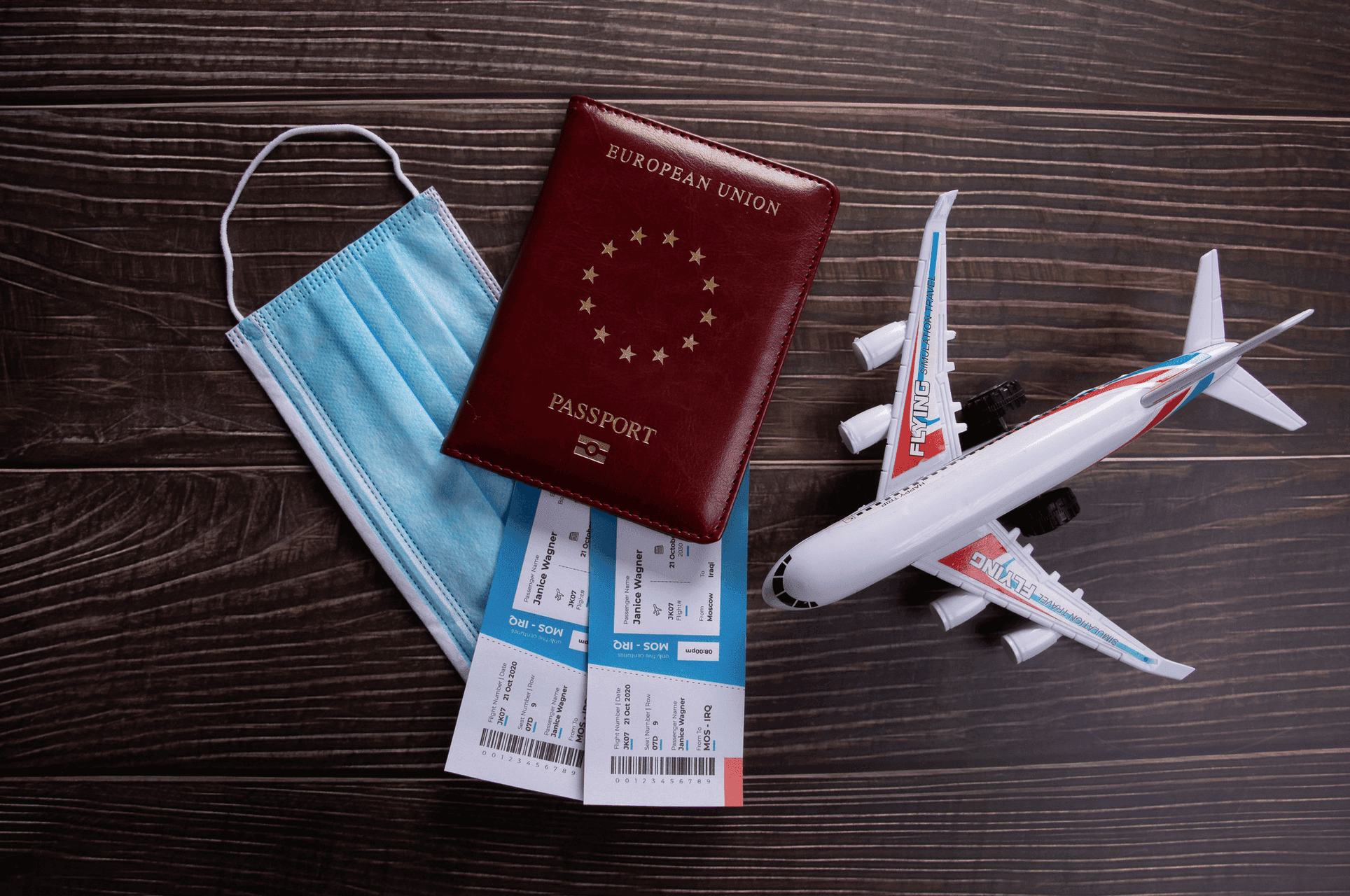

Image Credit:
Jernej Furman (https://flickr.com/photos/91261194@N06/50979025422/in/photolist-2kEQQbb-2kEQ26i-2kEQzFz-c88o1m-J4fMpN-2kELEa3-2mjkvQT-pXoSDi-Ja722J-2kEQeDj-2kEPZEC-Jd92Zx-pFcDTc-8X91wF-pF8YsB-2mjkvPk-Jd9wwH-pXGGd3-pF8Vm6-p1QcsH-J4fUu9-p1QdzH-72p9yQ-pXyHf2-HhbDCV-2kEQesx-Hh25Lw-HMxHUm-2mjpnUN-2miG59x-ypMiNn-9dU3Qt-J6wmNi-2kEQJMW-pFbhPw-Jd9npe-2ntejxK-p1Mkq3-HMxk1W-J4fu7S-Ja6NAw-Hh22F3-HMxyBy-2ntfx2B-Ja6Pf7-p1QdfK-2ntfx3i-HhbGZV-HMxMMm-HMxDNL)
Brexit’s Impact: more than 25% of UK musicians and industry workers in EU have no work
Brexit has dealt a severe blow to the UK’s music industry, with over a quarter of musicians and industry professionals reporting a complete absence of work in the European Union since January 1, 2021.
Furthermore, nearly 40% have experienced reduced work opportunities in the EU, according to a survey conducted by The Independent Society of Musicians (ISM) between January 2021 and April 2023, excluding pandemic-related disruptions.
The music sector’s struggles can be attributed to the new regulations and tariffs introduced post-Brexit, which have hindered the ability of music professionals to operate in the EU. Some respondents stated that their clients had been adversely affected by these regulations, even in countries that do not require visas or work permits, resulting in significant financial losses.
Visas and work permits emerged as the most frequent additional expenses since Brexit, with customs permits (carnets) for transporting equipment across borders also proving burdensome. These increased costs and complexities have led to a need for additional travel days, van hire, backline equipment rental, and extra wages for crew and musicians.
The Schengen visa waiver scheme, which limits music sector workers to spending 90 days in a 180-day period in the EU, further complicates working in this sector. This restriction has prevented many musicians from freely auditioning or performing in European opera houses.
The trade and cooperation agreement (TCA) signed between the UK and the EU on December 30, 2020, did not address the specific travel needs of creative professionals or support staff. Consequently, the ISM has recommended negotiating a bespoke visa waiver agreement with the EU, allowing UK artists and support staff to work in any part of the EU for up to 90 days within a 180-day period.
Deborah Annetts, the ISM’s chief executive, highlighted the damage done to the UK’s soft power and creative talent pipeline, stating that “Brexit should never have meant that musicians cannot share their talent freely with our closest neighbors.”
The music sector’s struggles extend to freelancers and emerging artists, who face significant challenges to their livelihoods and careers. As the industry navigates these obstacles, the long-term impact on the UK’s position as a global force in the performing arts remains uncertain.
Brexit’s influence on the music industry is undeniable, and stakeholders are calling on the government to address these challenges to safeguard the industry’s future and maintain the UK’s reputation as a hub for musical talent.
Image Credit: Jernej Furman via Flickr | License: Attribution 2.0 Generic (CC BY 2.0)

Latest magazine
March 28, 2024

Magazine
- Arodes cover Interview
- Armin van Buuren: Breathing In [Exclusive Interview]
- Ibiza 2024: What To Expect
- Burak Yeter: A Day In Space [Exclusive]
